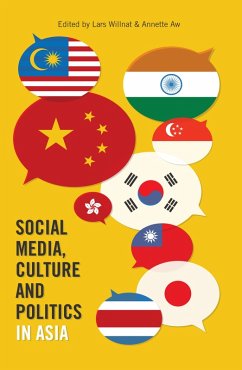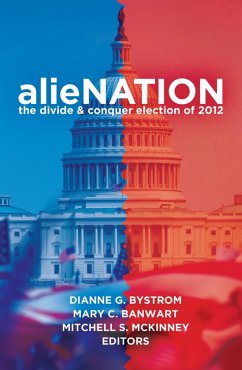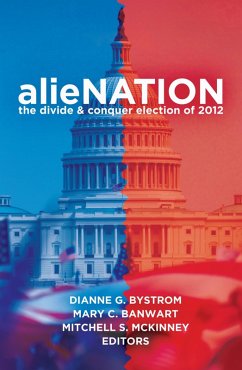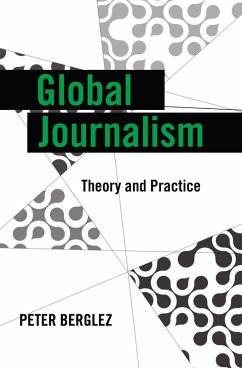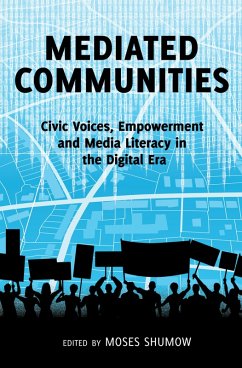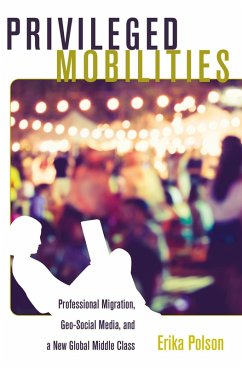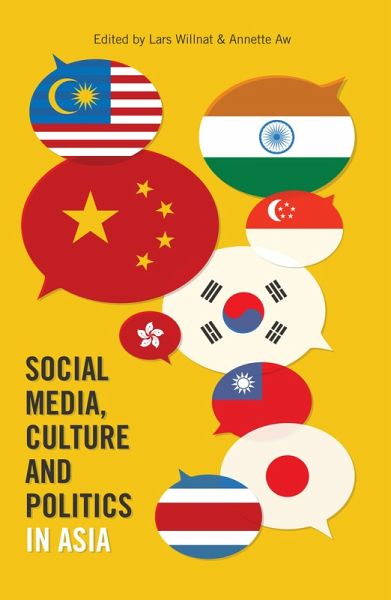
Social Media, Culture and Politics in Asia (eBook, ePUB)
Versandkostenfrei!
Sofort per Download lieferbar
Statt: 44,45 €**
36,95 €
inkl. MwSt.
**Preis der gedruckten Ausgabe (Broschiertes Buch)
Alle Infos zum eBook verschenkenWeitere Ausgaben:

PAYBACK Punkte
18 °P sammeln!
The Internet's explosive growth over the past decade is nowhere more visible than in Asia. Fueled by an expanding middle class, thousands of people connect to the Internet for the first time each day to explore and discuss issues that are relevant to them and their lives. This book provides an in-depth look at the impact of social media on political engagement among young citizens in this rapidly changing region of the world. Leading media scholars from nine Asian nations focus on three main questions: How frequently do Asians use social media to access and discuss political information? Do...
The Internet's explosive growth over the past decade is nowhere more visible than in Asia. Fueled by an expanding middle class, thousands of people connect to the Internet for the first time each day to explore and discuss issues that are relevant to them and their lives.
This book provides an in-depth look at the impact of social media on political engagement among young citizens in this rapidly changing region of the world. Leading media scholars from nine Asian nations focus on three main questions:
How frequently do Asians use social media to access and discuss political information?
Does the use of social media increase political participation?
What political, social and cultural factors influence the impact of social media on political engagement in each nation?
To answer these questions, contributors first analyze the current state of social media in their nations and then present the findings of a cross-national survey on social media use that was conducted with over 3,500 Asian respondents. By employing a comparative approach, they analyze how social media function and interact with the cultural and political systems in each country - and how they might affect political engagement among individual citizens.
This book provides an in-depth look at the impact of social media on political engagement among young citizens in this rapidly changing region of the world. Leading media scholars from nine Asian nations focus on three main questions:
How frequently do Asians use social media to access and discuss political information?
Does the use of social media increase political participation?
What political, social and cultural factors influence the impact of social media on political engagement in each nation?
To answer these questions, contributors first analyze the current state of social media in their nations and then present the findings of a cross-national survey on social media use that was conducted with over 3,500 Asian respondents. By employing a comparative approach, they analyze how social media function and interact with the cultural and political systems in each country - and how they might affect political engagement among individual citizens.
Dieser Download kann aus rechtlichen Gründen nur mit Rechnungsadresse in A, D ausgeliefert werden.




